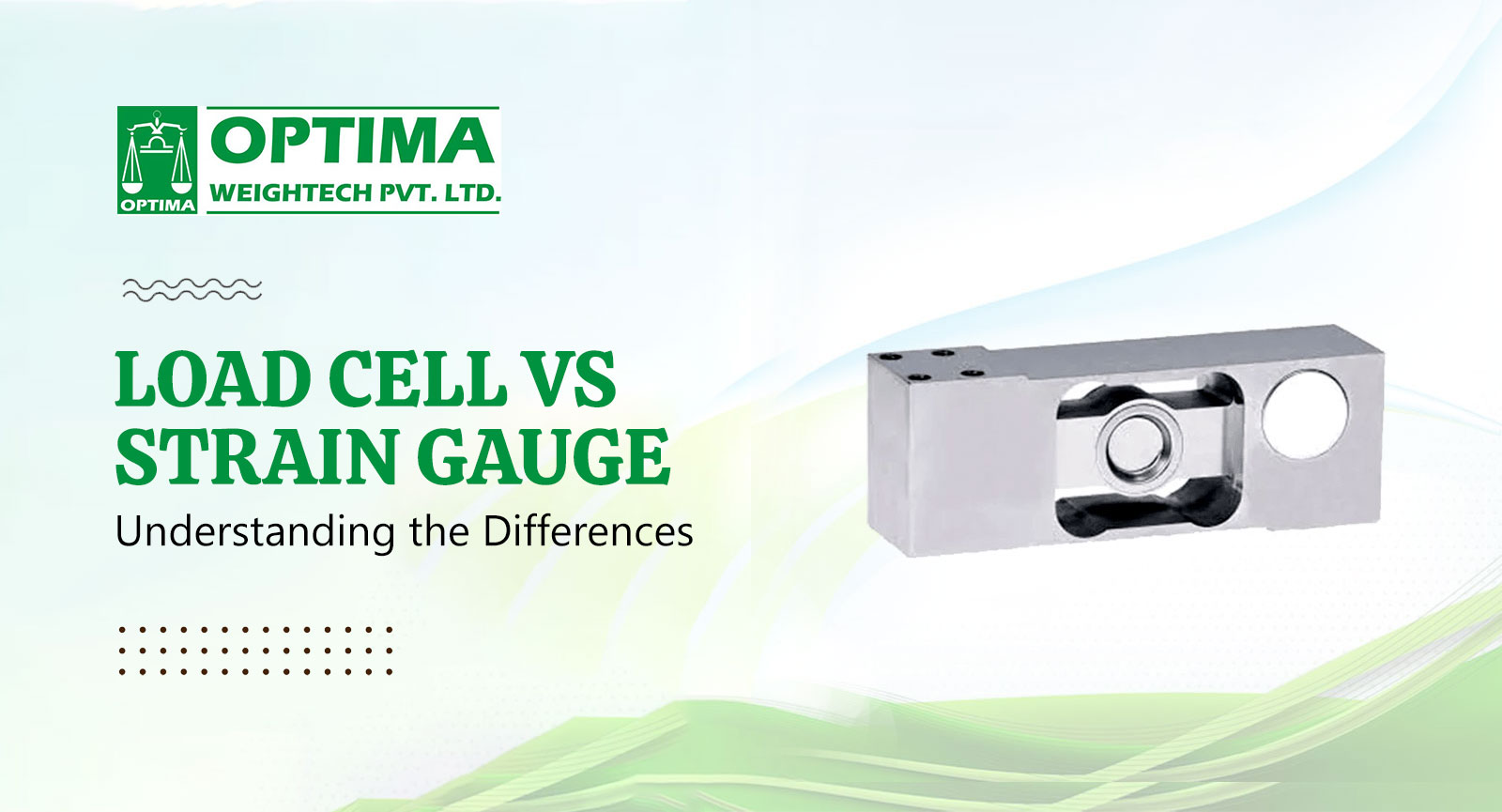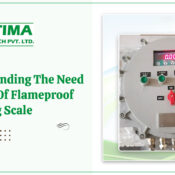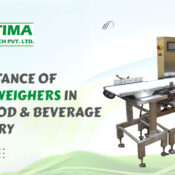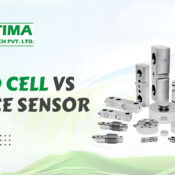
Load Cell vs Strain Gauge: Understanding the Differences
When it comes to measuring force or weight in various industrial applications, two commonly used devices are load cells and strain gauges. Strain gauge load cells play crucial roles in the world of force management, impacting industries like manufacturing, transportation, aerospace, engineering, and research. This blog will delve into the intricacies of “load cell vs strain gauge,” highlighting their differences, applications, and advantages of each.
What are Load Cells and Strain Gauges?
Load Cells:
A load cell is a complete force measurement transducer. It directly converts an applied force (tension, compression, shear, or torque) into a measurable electrical signal. Load cell manufacturers meticulously design these devices to be robust and withstand harsh environments. They consist of a metal frame with attached strain gauges that bend under pressure. This deformation changes electrical resistance, which is then measured and converted into a force value.
Strain Gauges:
Unlike a load cell, it is a single component, essentially a specialized resistor. It functions by detecting the minute physical deformations caused by applied forces. Strain gauges themself don’t directly measure force. They require additional circuitry and integration into a system to translate the change in resistance into a usable measurement.
Load Cell vs Strain Gauge: Here’s the Key Differences
Working Principle: Load cells directly measure force, while strain gauges measure the deformation caused by the force.
Measurement Range: Load cells handle a broader force range, from grams to hundreds of tons. Strain gauges are better suited for smaller to moderate forces, typically up to a few thousand kilograms.
Accuracy and Precision: Load cells are ideal for precise force measurements due to their superior accuracy and precision. Strain gauges offer good accuracy but may require additional calibration for optimal precision.
Installation and Integration: Load cells are standalone units easily integrated into existing systems. Strain gauges require careful bonding to the object’s surface, making the process more complex and time-consuming.
Environmental Considerations: Load cells are generally more robust against environmental factors like temperature, humidity, and vibrations. Strain gauges are more sensitive and may require additional compensation for these factors.
Cost: Load cells are typically more expensive due to their complex design and higher accuracy. Strain gauges are a more cost-effective option for budget-conscious applications.
Application Flexibility: Load cells are versatile and used in various applications like weighing systems, material testing, and industrial automation. Strain gauges find application in stress analysis, structural health monitoring, and research where direct force measurement isn’t the primary focus.
Maintenance and Lifespan: Load cells typically have a longer lifespan with minimal maintenance requirements. Strain gauges, due to their sensitivity and potential wear, may require occasional calibration and monitoring.
Benefits of Load Cells and Strain Gauges
Load Cells:
- Accurate and precise force measurement
- Wide measurement range for diverse applications
- Robust design for harsh environments
- Easy installation due to integration flexibility
- Long lifespan and minimal maintenance needs
Strain Gauges:
- Cost-effective solution for moderate force measurements
- Versatile for stress analysis and research applications
- High sensitivity to detect minor strains and deformations
- Can be customized for specific needs
- Can be combined with load cells for enhanced measurement accuracy
Conclusion
Load cells and strain gauges are vital tools in the world of force measurement, providing valuable insights into the forces at play. Load cells excel in precise force measurement across a wide range, while strain gauges offer versatility and cost-effectiveness for specific applications. Understanding these differences and benefits empowers you to choose the right strain gauge load cell for your force measurement needs.




